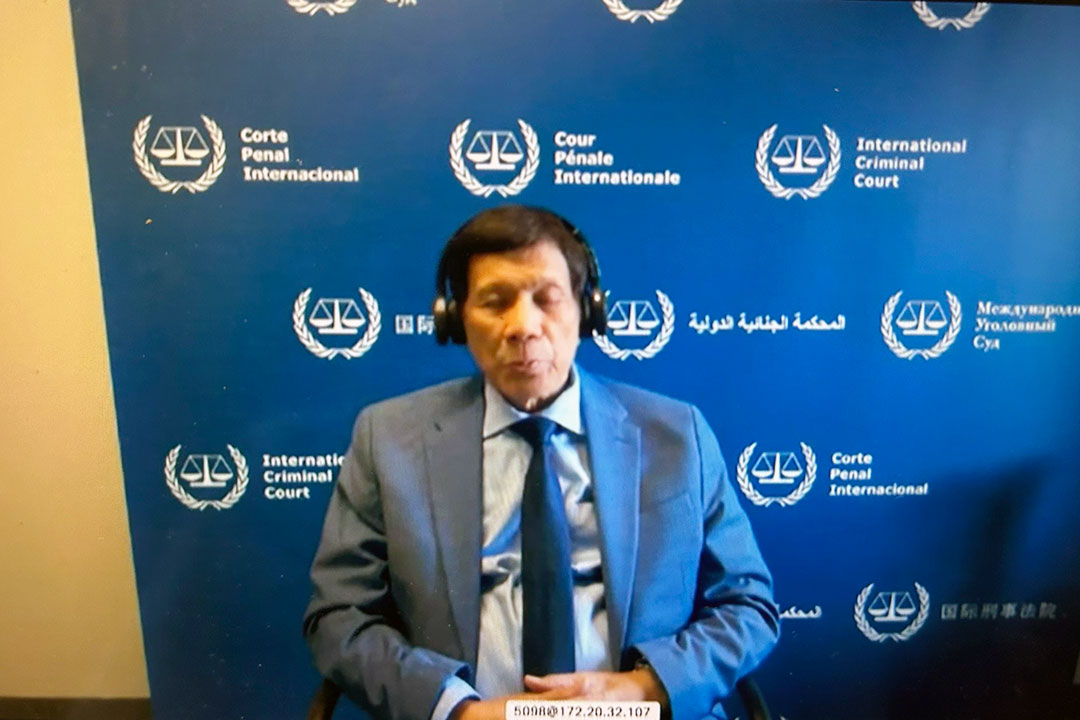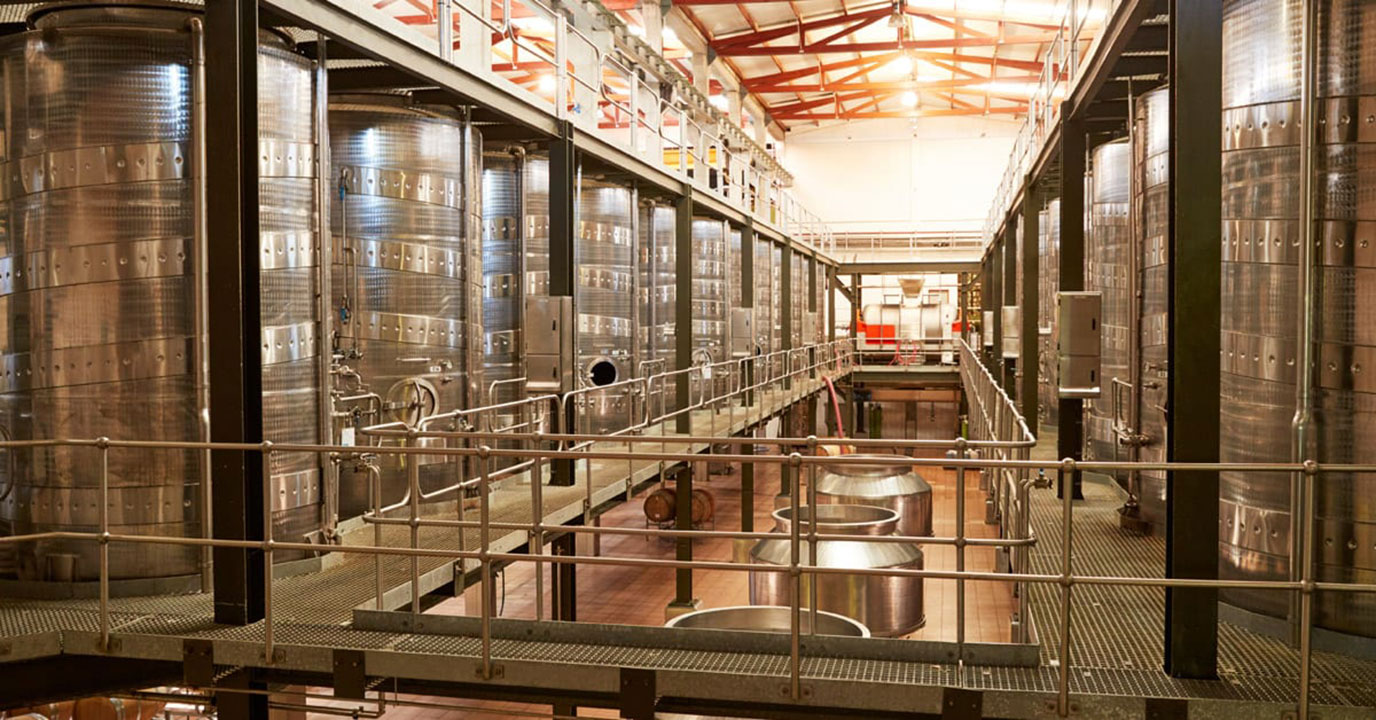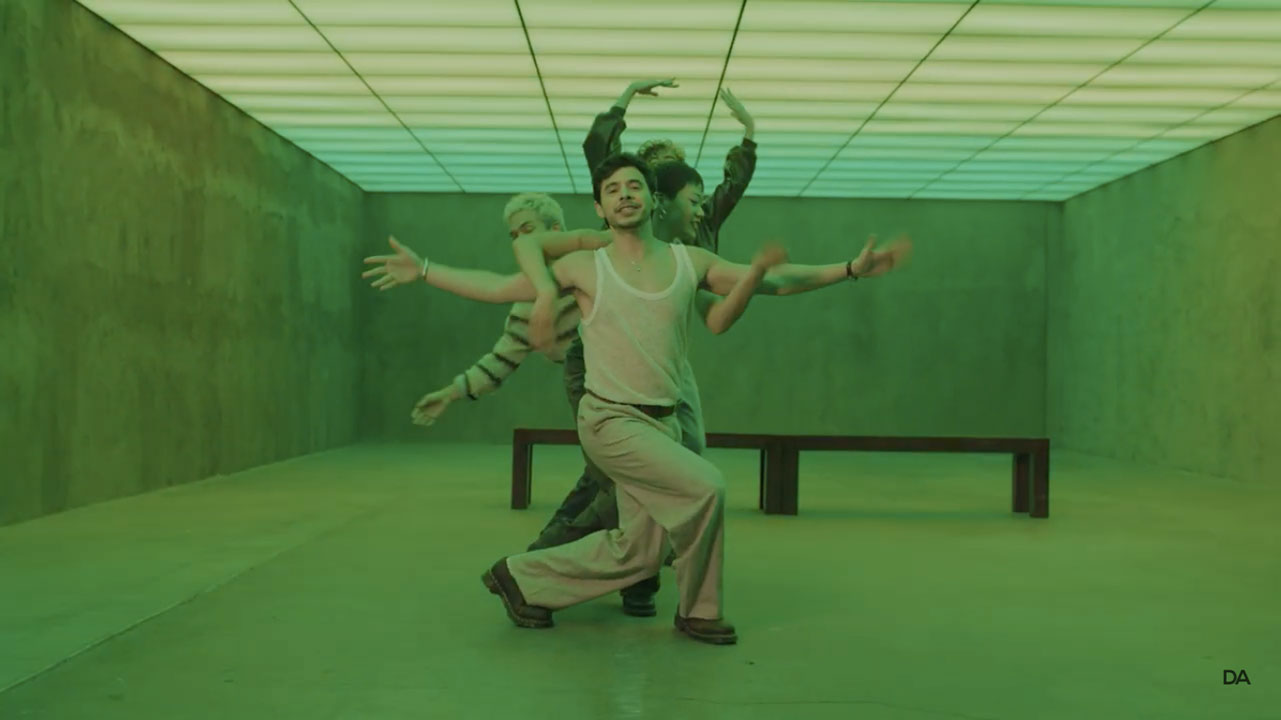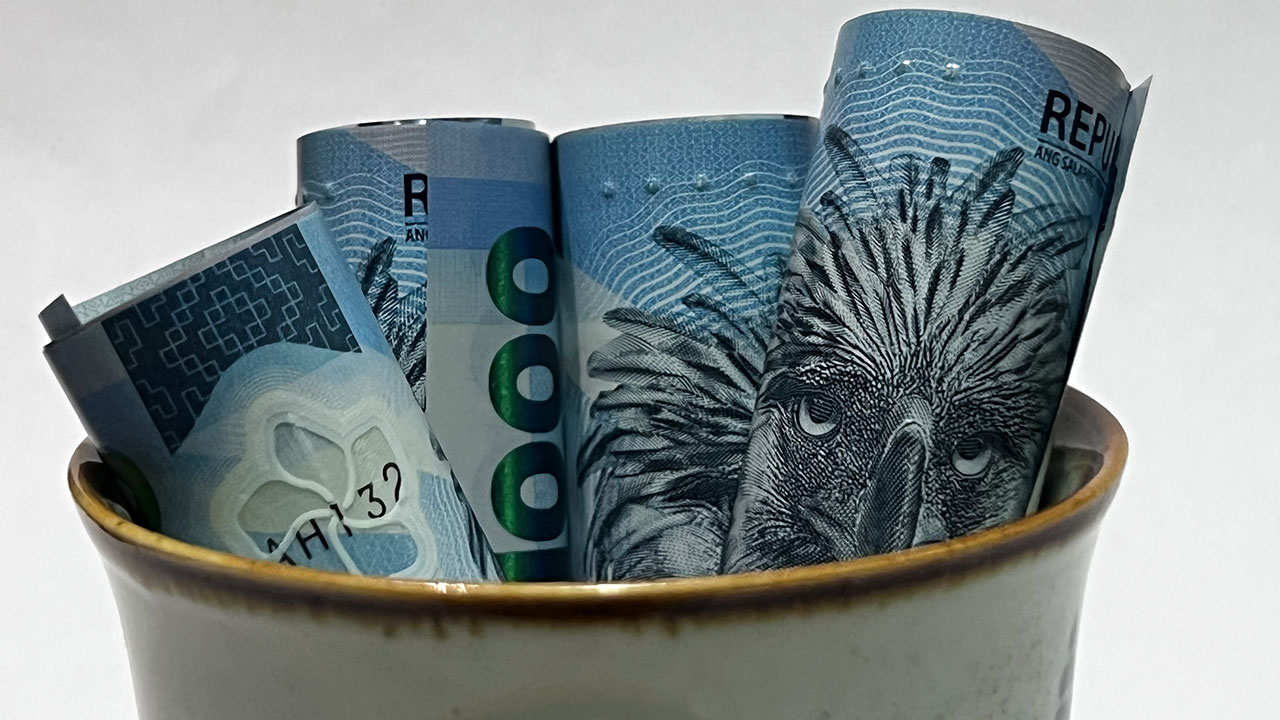
Upgrade to High-Speed Internet for only ₱1499/month!
Enjoy up to 100 Mbps fiber broadband, perfect for browsing, streaming, and gaming.
Visit Suniway.ph to learn
 PHILSTAR FILE PHOTO
PHILSTAR FILE PHOTOBy John Victor D. Ordoñez and Chloe Mari A. Hufana, Reporters
FORMER President Rodrigo R. Duterte’s looming trial before the International Criminal Court (ICC) in The Hague is unlikely to affect foreign investor engagement and could even reassure them of the Marcos government’s long-term commitment to the rule of law, according to economists.
“If anything, the arrest of former President Duterte on the strength of an ICC arrest warrant may be reassuring to foreign investors as high-profile adherence to the rule of law,” Jose A. Africa, executive director at think tank IBON Foundation, said in a Viber message.
“The arrest can send a signal that the Philippines still chooses to follow a rules-based liberal order amid the blitzkrieg against it by the US under the Trump administration,” he added.
Presidential Communications Office Undersecretary Clarissa A. Castro last week said the government is not worried about the political squabble between the Marcos and Duterte clans, saying it would not affect state engagement with foreign investors.
Mr. Duterte, who sat as president from 2016 to 2022, was arrested on March 11 in Manila, marking the biggest step yet in the ICC’s probe of his alleged crimes against humanity in connection with his anti-illegal drug crackdown that killed thousands and drew condemnation around the world.
The Hague-based tribunal has been investigating the firebrand leader for crimes he allegedly committed when he was Davao City mayor and during the first three years of his government, when the Philippines was still a party to the international tribunal.
“Marcos has checkmated the Dutertes with the pivot away from China to the United States, the isolation of the Dutertes through an alliance with human rights groups to make Duterte accountable for the drug war deaths, therefore instability is not in the cards,” Calixto V. Chikiamco, president of the Foundation for Economic Freedom, said in a Viber message.
He said investor sentiment would continue to be driven by the government’s openness to investment, the quality of infrastructure and tax policies.
Approved foreign investments in the country fell 38.9% to P543.62 billion last year from a year earlier, according to the Philippine Statistics Authority (PSA). This was the steepest decline in four years.
“There are many other much more meaningful factors affecting foreign investor engagement today — the radical shifts in US trade and investment policy and their repercussions as other countries react being the most prominent, aside from other geopolitical concerns,” Mr. Africa said.
Finance Secretary Ralph G. Recto earlier said trade and investment ties between the Philippines and the US would remain amid the Trump administration’s tariff threats.
The Philippines’ semiconductor industry could face lower demand if Mr. Trump pushes through with a plan to impose 25% tariffs on semiconductor imports.
Washington was the top Philippine export destination last year at $12.12 billion or 16.6% of total exports.
“The government should be firm, show a commitment to accountability and long-term stability and not be swayed by any backlash from Duterte supporters,” Mr. Africa said.
Meanwhile, Mr. Duterte’s arrest and prosecution should bolster the country’s free trade negotiations with the European Union (EU), Josue Raphael J. Cortez, a diplomacy lecturer at De La Salle-College of St. Benilde in Manila, said in a Facebook Messenger chat.
“The EU as a normative power is very much inclined to ensure that the agreements it forges with like-minded nations contain provisions aimed at championing the norms and values it wishes to promote,” he pointed out. “This includes human rights and the rule of law, as well as climate-related norms.”
Failure to uphold international commitments could lead to the termination of these partnerships, he added.
“The EU is among our top trading partners, ranking fourth in the roster in 2023,” Mr. Cortez said. “Maintaining and propelling our ties with it can generate positive effects both in the political security and economic aspects.
Hansley A. Juliano, who teaches political science at the Ateneo de Manila University, said Mr. Duterte’s arrest has polarized Filipinos and revitalized support for the maverick leader.
“It helped reenergize the Duterte base, at least for a while,” he said via Messenger chat. “It further showed that the disinformation networks have not been countered. There is still much work to do to rehabilitate people who have become vulnerable to it.”




